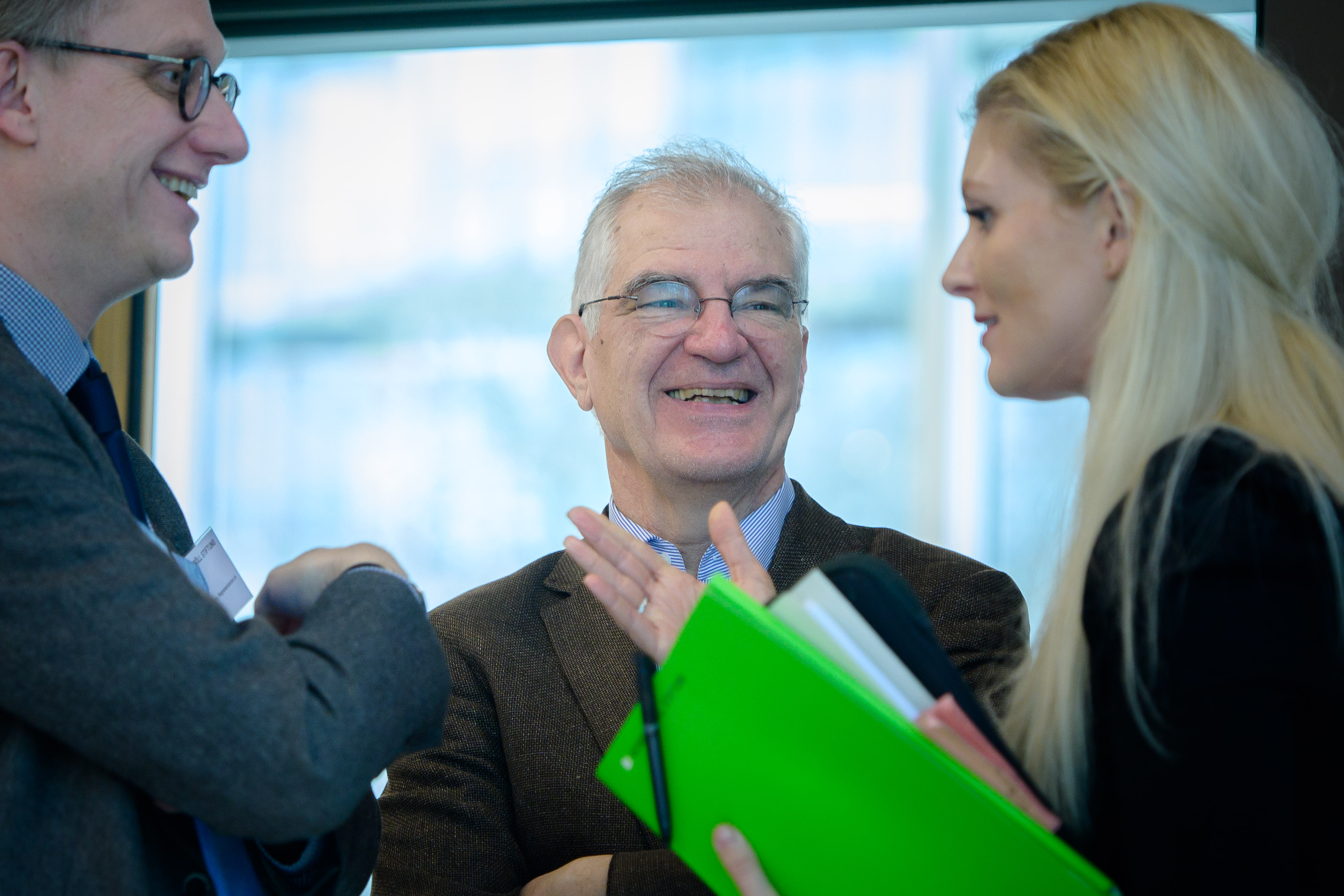Why People Who Don't Make Constant Eye Contact Are Paying More Attention
Recently published research in Proceedings of the National Academy of Sciences shows that during the most engaging conversations, eye contact ebbs and flows. Excerpts from research states that:
... when two people converse, their pupils periodically synchronize, marking moments of shared attention. As synchrony peaks, eye contact occurs and synchrony declines, only to recover as eye contact breaks.
These findings suggest that eye contact may be a key mechanism for enabling the coordination of shared and independent modes of thought, allowing conversation to both cohere and evolve.
We find that eye contact is positively correlated with synchrony (Jeff: a fancy word for "I'm with you") as well as ratings of engagement by conversation partners.
However, rather than elicit synchrony, eye contact commences as synchrony peaks and predicts its immediate and subsequent decline until eye contact breaks. This relationship suggests that eye contact signals when shared attention is high.
Furthermore, we speculate that eye contact may play a corrective role in disrupting shared attention (reducing synchrony) as needed to facilitate independent contributions to conversation.
In simple terms, if our conversation makes me think, processing it will naturally cause me to look away, to think "independently." This is to sift through other parties information or idea, align it with my own perspectives or mental models, and then re-engage.
When we agree, we tend to lock eyes. When we don't agree -- or, more likely, when we're presented with something we haven't considered -- we tend to look away. This is not to be rude, rather to think and contemplate, which is actually a sign of a great conversation. Why; Because great conversations make us think.
As such, eye contact is the result of shared understanding, but eye contact won't create synchrony. To achieve synchrony, we need to listen, ask questions to understand and challenge our assumptions/biases.
To conclude, we should not be offended if someone doesn't maintain constant eye contact. It may just be a sign you've given them food for thought. If the contact does not induce thinking, then what's goes eye contact lead to?

0 Comments